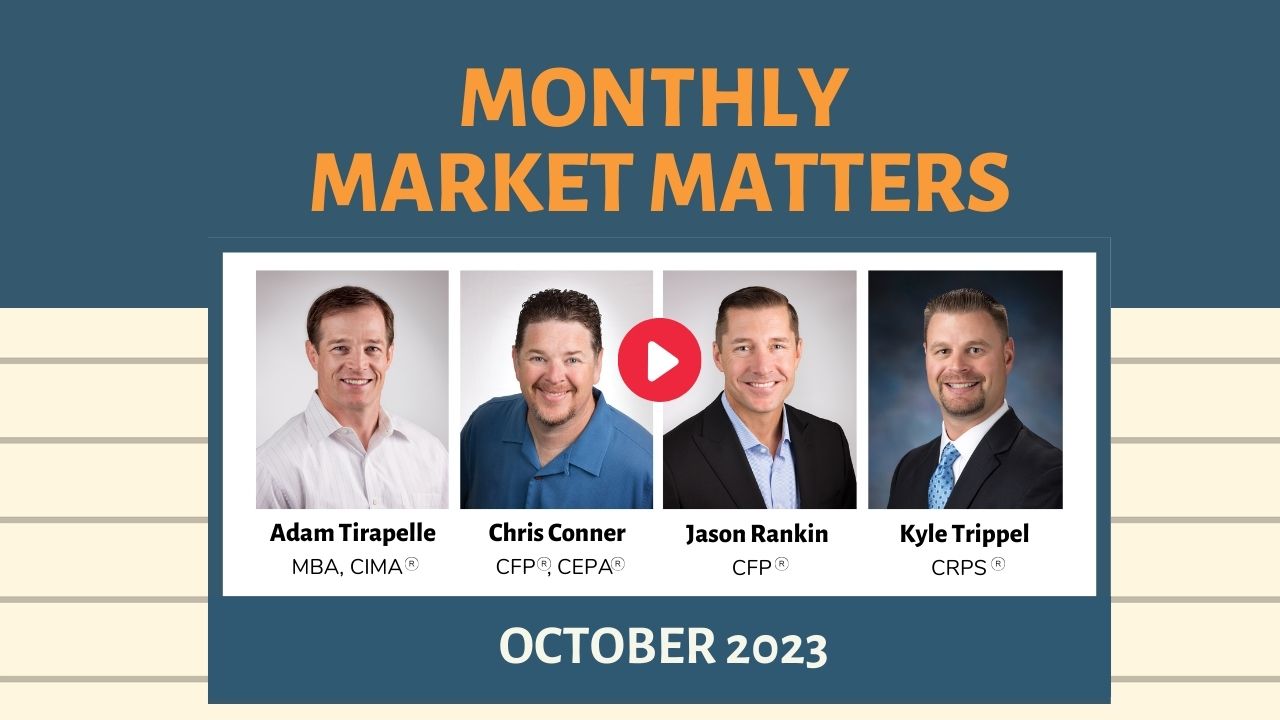You are now leaving the Strong Valley Wealth & Pension, LLC ("Strong Valley") website. By clicking on the "Schwab Alliance Access" link below you will be entering the Charles Schwab & Co., Inc. (“Schwab”) Website. Schwab is a registered broker-dealer, and is not affiliated with Strong Valley or any advisor(s) whose name(s) appears on this Website. Strong Valley is/are independently owned and operated. Schwab neither endorses nor recommends Strong Valley. Regardless of any referral or recommendation, Schwab does not endorse or recommend the investment strategy of any advisor. Schwab has agreements with Strong Valley under which Schwab provides Strong Valley with services related to your account. Schwab does not review the Strong Valley website(s), and makes no representation regarding the content of the Website(s). The information contained in the Strong Valley website should not be considered to be either a recommendation by Schwab or a solicitation of any offer to purchase or sell any securities.

Here is a strategic approach to retirement planning for today’s executives whose roles entail significant responsibility and compensation. Understanding Deferred Compensation with your financial advisor can help you strategize a plan with this powerful tool, offering executives an array of advantages in securing their financial future.

Retirement planning stands as one of the most critical financial endeavors, particularly for executives whose roles entail significant responsibility and compensation. In this pursuit, Deferred Compensation emerges as a powerful tool offering executives an array of advantages in securing their financial future. Let’s explores the benefits of Deferred Compensation as a source of retirement income and delve into how your financial advisor can play a pivotal role in guiding executives through this strategic financial avenue.
Deferred Compensation refers to a compensation arrangement where a portion of an executive's earnings is withheld by their employer and paid out at a later date, often upon retirement or another predetermined event. This deferred income can take various forms, including stock options, restricted stock units, or cash bonuses. Unlike traditional compensation, which is immediately received and taxed, Deferred Compensation offers executives the advantage of deferring taxes until the funds are distributed.
Tax Deferral: One of the most significant advantages of Deferred Compensation is the ability to postpone taxes on the income until a later date, typically retirement. By deferring taxes, executives can potentially lower their current tax burden, allowing for greater flexibility in managing their finances and investments.
Asset Protection: Deferred Compensation plans often provide executives with a level of asset protection. In the event of bankruptcy or legal claims, these assets may be shielded from creditors, offering executives added security and peace of mind.
Supplemental Retirement Income: For executives seeking to enhance their retirement savings beyond traditional retirement plans such as 401(k)s or IRAs, Deferred Compensation serves as a valuable supplemental income stream. The ability to defer a portion of their compensation allows executives to build a robust financial portfolio tailored to their long-term retirement goals.
Employer Matching and Incentives: Many Deferred Compensation plans offer employer matching contributions or incentives, further incentivizing executives to participate in these programs. These additional contributions can significantly boost the executive's retirement savings over time, amplifying the benefits of participating in Deferred Compensation plans.
Flexible Distribution Options: Deferred Compensation plans often provide executives with flexibility in determining the timing and structure of distributions. Executives can choose to receive distributions as lump sums, periodic payments, or annuities, allowing for customized income strategies aligned with their retirement objectives.
Navigating the complexities of Deferred Compensation requires careful planning and expertise. Your qualified financial advisor can offer executives invaluable guidance in assessing whether Deferred Compensation aligns with their financial goals and risk tolerance. Here's how your financial advisor can help:
Comprehensive Financial Analysis: Your financial advisor will conduct a thorough analysis of your financial situation, taking into account factors such as current income, expenses, existing retirement accounts, and long-term financial objectives.
Risk Assessment and Mitigation: Assessing the risks associated with Deferred Compensation is paramount. Your financial advisor can help evaluate the risks and implement strategies to mitigate potential downsides, such as tax implications, market volatility, and liquidity concerns.
Customized Retirement Planning: Based on your unique financial profile and retirement goals, your financial advisor can develop a customized retirement plan that integrates Deferred Compensation alongside other retirement vehicles, such as employer-sponsored retirement plans, individual retirement accounts, and investment portfolios.
Tax Optimization Strategies: Maximizing tax efficiency is a key aspect of retirement planning. Your financial advisor can devise tax optimization strategies tailored to your Deferred Compensation plan, ensuring that tax liabilities are minimized both during the accumulation phase and at distribution.
Ongoing Monitoring and Adjustments: Retirement planning is dynamic and requires periodic review and adjustments. Your financial advisor provides ongoing monitoring of your Deferred Compensation plan, making necessary modifications in response to changes in financial circumstances, tax laws, and market conditions.
Deferred Compensation stands as a potent tool for executives seeking to fortify their retirement nest egg and achieve financial security in their golden years.
By partnering with a knowledgeable financial advisor, executives can navigate the complexities of Deferred Compensation with confidence, ensuring that their retirement aspirations are realized with prudence and foresight.



